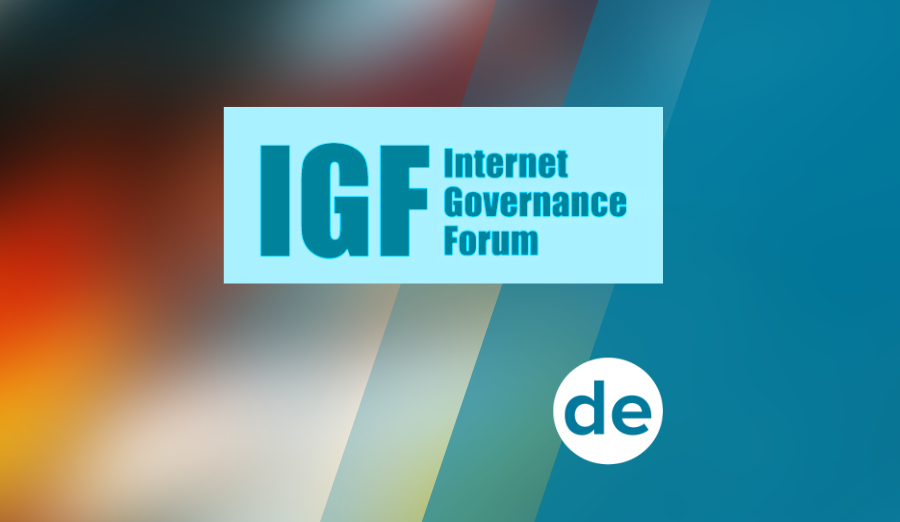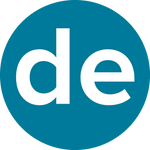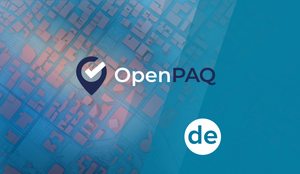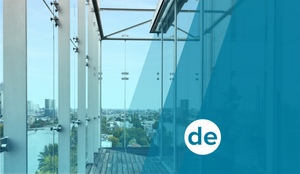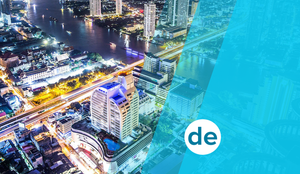What if artificial intelligence meets technical standards only, but no ethical ones? And how can big data be reconciled with the right to privacy? Issues like these and many more are dealt with in the sphere of ‘Internet governance’.
Today, the Internet in its function as a network of networks connects more than four billion users – representing more than half of the world’s population – with roughly ten billion mobile and stationary devices. And user rates keep growing by some seven percent each year.
Since all communication on the Internet uses the same, closely linked global technical resources (including IP addresses, domain names, root and name servers), all topics associated with the use of the Internet are closely interlinked as well. Therefore, hardly any issue exists in the political, economic or sociocultural sphere today that is not somehow related to or influenced by the Internet: On the one hand, technical rules and government regulations on cyber security have an impact on business models and determine to what extent individuals may exercise specific human rights, such as the freedom of expression or the right to privacy. On the other hand, technical rules and government regulations designed to grant privacy have an effect on and influence the digital economy and security on the Internet.
Topics, Actors, Forums: What, Who, Where and How
Meanwhile, a great number of stakeholders worldwide are involved in the discussion of more than 600 topics that fundamentally affect the use and further development of the Internet and digital connectivity. Initially, these topics tended to relate mostly to technical concerns, but today they clearly also encompass political and ethical issues. Overall topics can be grouped into four categories: cyber security, digital economy, technology, and digital human rights. The generic term commonly used to encompass the full range of relevant topics is ‘Internet governance’.
‘Internet governance’ describes an open and constructive dialogue and opinion-forming process that serves to raise awareness about challenges and to find possible solutions for today’s and tomorrow’s Internet. What makes it special is that it does not just involve state actors, but includes all affected stakeholder groups from society at large – including private Internet users.
In this context, ‘governance’ thus does not refer to state regulation. Internet governance is rather based on the ‘multistakeholder’ approach. This means that representatives of governments and international organisations, civil society, the private sector, academia and the technical community share their views on political procedures, social and economic objectives, industry best practices and other rules, values and standards related to the Internet on an equal footing.
In the area of artificial intelligence development, for example, ethical standards are discussed alongside technical aspects, at an international level: Should algorithms follow moral rules, and which? Should no matter which decisions be left to computers, or which boundaries should apply? Political considerations also need to be addressed: What sort of regulatory approaches are needed? What should governments do to encourage certain developments and to perhaps block others?
What’s the exciting part about all this is that virtually everyone interested in the multistakeholder process is welcome to get involved in a large variety of digital topics in order to influence the discussions in the relevant decision-making bodies at national and international level. DENIC, as a major actor of the technical community, does the same.
Discuss Internet Rules Globally: ALL for ONE Internet
A wide range of stakeholders come together in a multitude of forums to join in the dialogue amd decision-making on and implementation of solutions for issues that affect each user of the Internet. All in all, the so-called Internet Governance ecosystem consists of more than 50 such organisations, bodies and platforms.
The principal global discussion platform on the future of the Internet is the Internet Governance Forum of the United Nations (IGF). One of its aims is to actively involve representatives from developing and economically-emerging, newly industrialised countries from the Global South, who otherwise tend to be under-represented. In 2019, the annual IGF will be held for the first time in Germany. This offers the opportunity to each citizen who is interested in the Internet to gain an insight into the arenas of and the parties involved in the open and transparent international topical debates, and to join like-minded people to contribute to shaping the Future Net.
For a Free, Open and Secure Global Net: DENIC and Internet Governance
As one of the key infrastructure providers of the Internet in Germany, DENIC is part of the technical community that coordinates the basic resources being vital to make the Internet work. In this role, DENIC has been actively involved in various governance forums for many years, maintaining its strong commitment for the preservation and enhancement of the free, open and secure global Internet.
As a part of its governance activities, DENIC regularly compiles and keeps up-to-date its Internet Governance Radar webpage. The first comprehensive online information platform for a wide and interested audience provides background knowledge on actors, topics and developments within the Internet goverance sphere, both in English and in German.
DENIC will also be an active contributor to IGF 2019 from 25 to 29 November 2019 in Berlin by hosting its own information booth within the IGF Village exhibition area. We will be pleased to meet interested visitors and introduce them to our multi-faceted, long-time commitment in the Internet Governance field.


